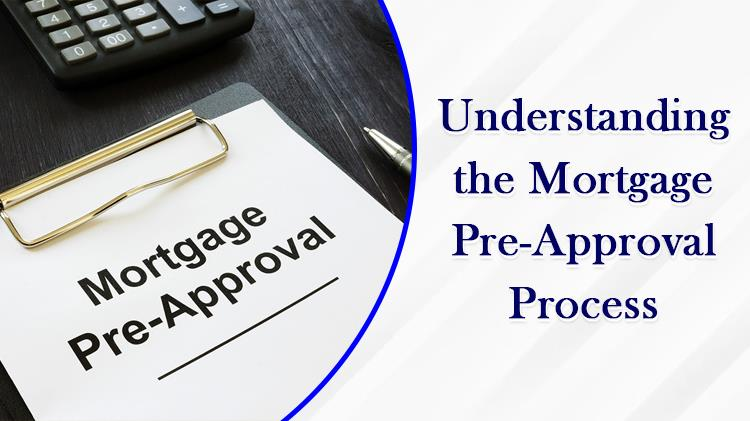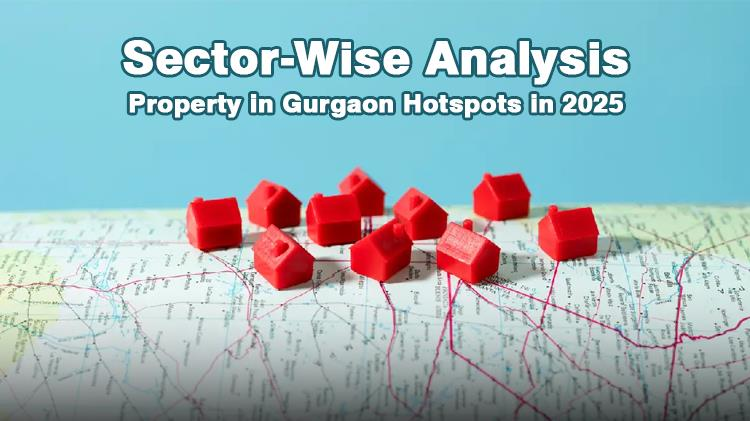
Buying a home is a major milestone, often filled with, admittedly, dreams and excitement. One of the most crucial steps in the home-buying journey is securing a mortgage pre-approval. This process not only clarifies your financial standing but also empowers you to shop for homes with credibility. In this comprehensive guide, we will break down the understanding of the mortgage pre-approval process, what it matters, how to prepare, and what to expect at each stage.
What is Mortgage Pre-Approval?
A mortgage pre-approval is a formal assessment by a lender that determines how much money you can borrow to purchase a home. It involves a thorough review of your financial background, including your income, credit history, debts, and credit history-to estimate the loan amount you may qualify for and the likely interest rate. The lender then issues a pre-approval letter, stating the maximum loan amount you are eligible for. This letter is not a binding commitment, hu it is a powerful tool when house hunting, signaling to sellers that you are a serious and qualified buyer.
Pre-Approval vs. Pre-Qualification
It is easy to confuse pre-approval with pre-qualification, but they are not the same.
|
Feature |
Pre-Qualifiction |
Pre-Approval |
| Process |
Self-reported and informal. |
Requires documentation and formal. |
|
Credit check |
Usually a soft inquiry or none. |
Hard inquiry (affects credit score). |
|
Documentation |
Minimal. |
Extensive (income, debts, and assets, etc.) |
|
Reliability to sellers |
Less reliable |
Highly reliable. |
|
Validity |
General estimate. |
Specific loan amount and interest estimate. |
Pre-qualification is a quick, informal estimate based on information you provide to the lender. It is useful for early planning, but it has not been verified. Pre-approval, on the other hand, involves a deep dive into your finances and carries more weight with sellers and real estate agents.
Why is Mortgage Pre-Approval Important?
|
Clear Budgeting |
Pre-approval helps you to understand exactly how much you can borrow, allowing you to set a realistic budget for your home search. |
|
Negotiation Power |
Sellers are more likely to take your offer seriously if you have a pre-approval letter, giving you an edge in competitive markets. |
|
Faster Closing |
Much of the paperwork is completed upfront, which can speed up the final loan approval process once you find a home. |
|
Confidence in House Hunting |
You can shop within your budget, knowing you have the financial backing to make an offer. |
How to Prepare for Mortgage Pre-Approval
Before applying, it is wise to get your financial ducks in a row. Here’s how to set yourself up for success:
-
Check your Credit Report: Review your credit history for errors and dispute any inaccuracies. Your credit score is a major factor in determining your eligibility and interest rate.
-
Pay Down Debts: Lowering your debt-to-income (DTI) ratio can improve your chances of approval and may qualify youtube for better terms.
-
Save for a Down Payment: Most lenders expect a down payment, typically around 20% for conventional loans, though some programs allow for less.
-
Gather Documentation: You will need to provide proof of income, identification, and employment assets. Having these ready will streamline the process.
Conclusion
Mortgage pre-approval is an essential step in the home-buying process. It clarifies your budget, streamlines the path to closing, and strengthens your position with sellers. By understanding each stage, from preparation to documentation to receiving your pre-approval letter, you can navigate the process with confidence and set yourself up for home-buying success.





3 Comments